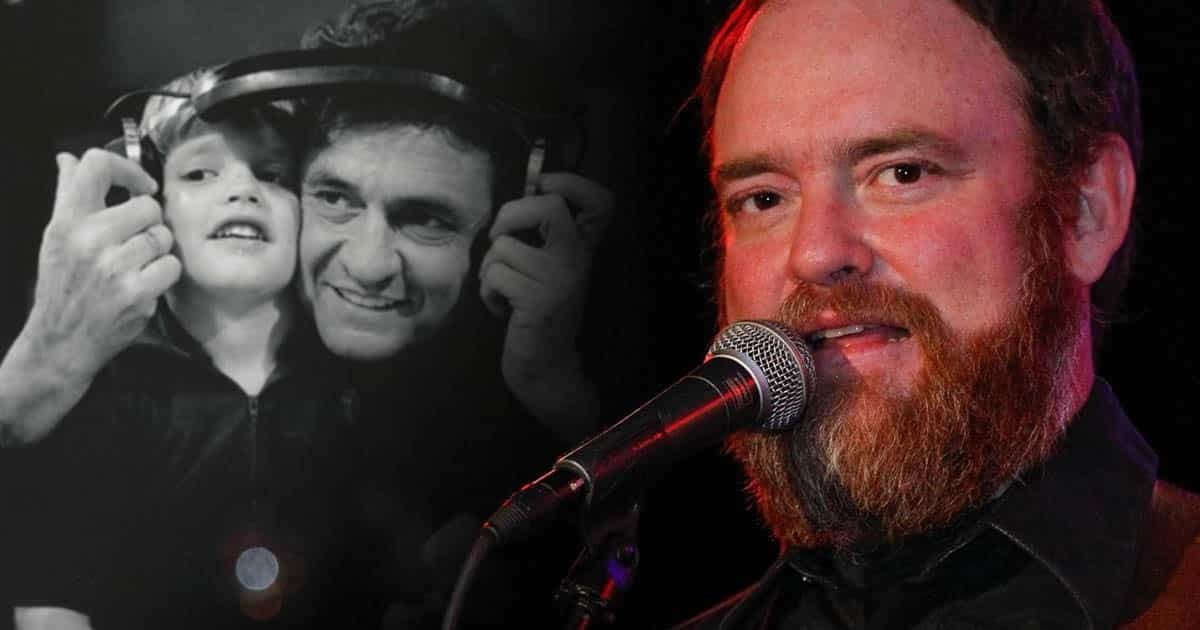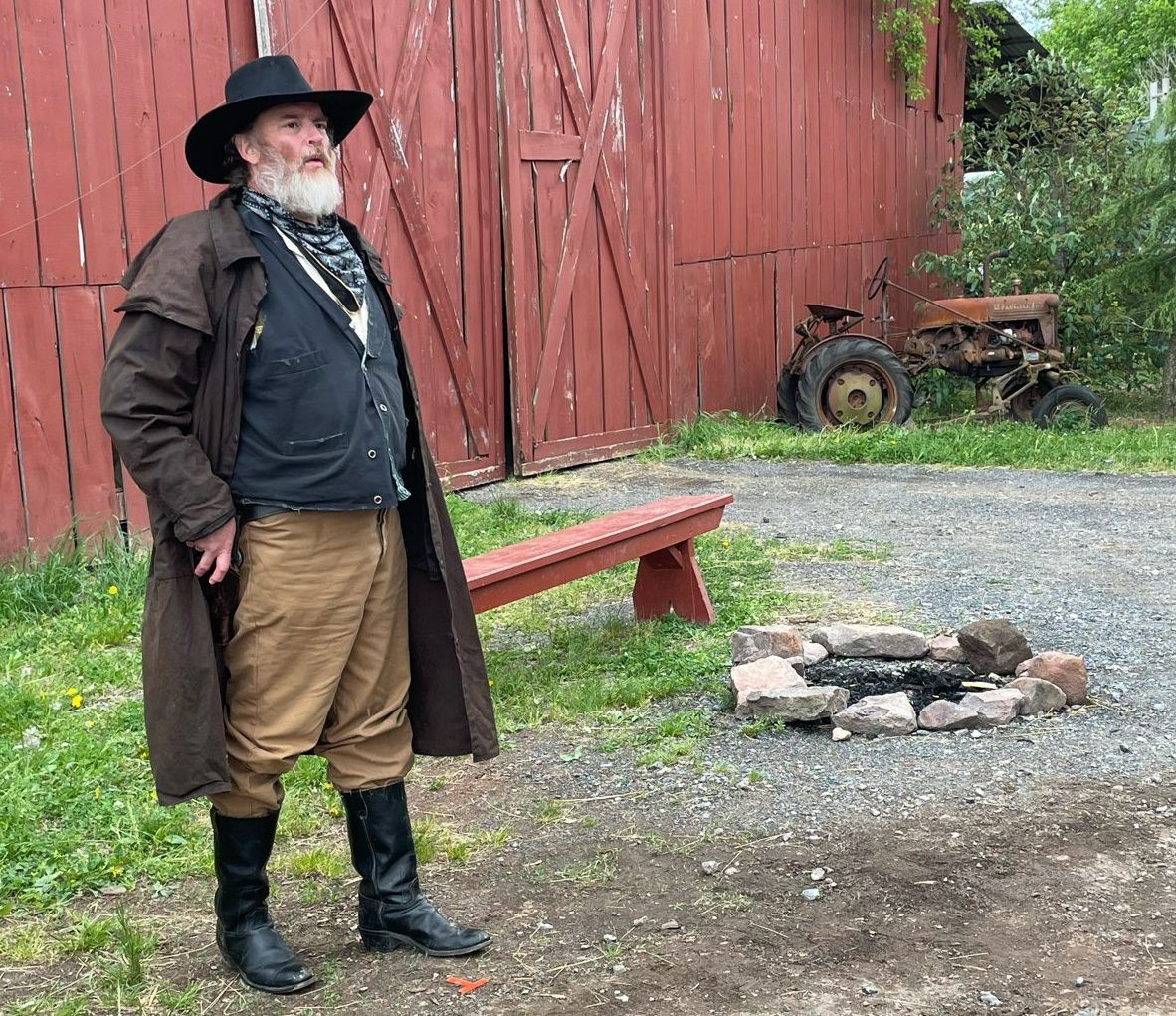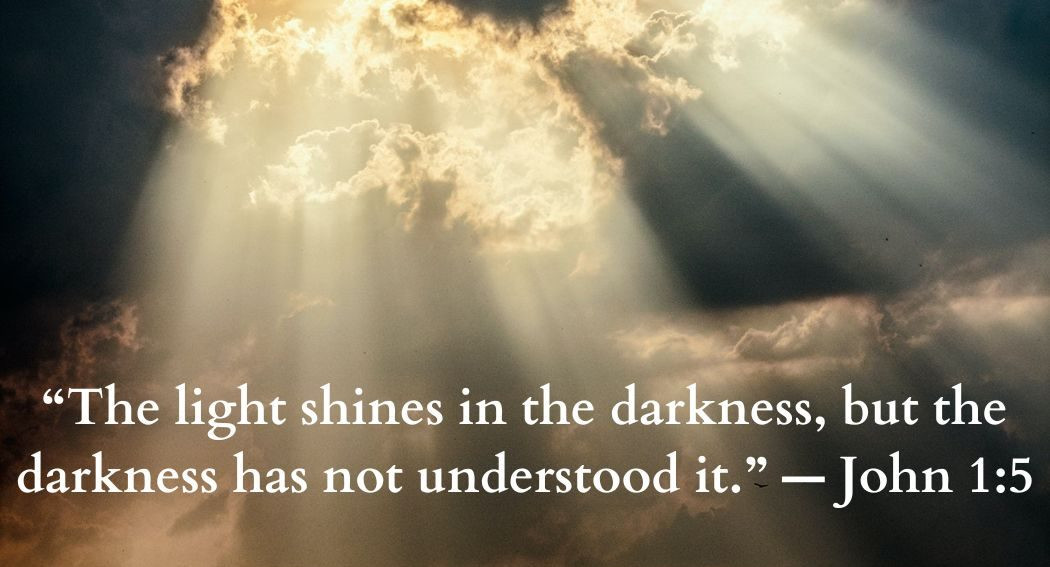 John Carter Cash and Johnny Cash
John Carter Cash and Johnny Cash
When considering a phrase to encapsulate the life journey of John Cash Carter, “moving from darkness into the light” resonates deeply. As a Grammy Award-winning record producer, musician, author, actor, and filmmaker, John Carter Cash’s name is inherently linked to a monumental legacy. Yet, beyond the shadow of his iconic parents, Johnny Cash and June Carter Cash, lies a man forging his own path, illuminated by resilience and creativity. After a glimpse into his world, this notion of transitioning from darkness to light emerges as a powerful descriptor of his life’s narrative.
Choosing the Light: A Path to Healing
John Carter Cash, carrying the weight of expectation and the echoes of musical history, intimately understands the complexities of human darkness. Like his celebrated family members, he has navigated the challenging terrains of depression, addiction, and the daunting question of fulfilling one’s potential. However, what distinguishes John is his conscious decision to embrace the light, finding solace and healing within it.
“People find what they’re looking for,” John Carter Cash wisely states, the accomplished son of country music royalty. “Some may dwell on the negative… I look for the furtherment of hope, strength, good and beauty. It’s a choice, and I choose the light.” This philosophy underscores his approach to life, a deliberate turn towards optimism and constructive forces, even when acknowledging the ever-present shadows.
Confronting Darkness in “Was Once a Hero”
Venturing into acting, John Carter Cash took on the role of Chance in the Western film Was Once a Hero, produced by Dan Searles. This role offered him a unique avenue to explore the darker facets of human nature within a creative context. Chance is depicted as a malevolent figure, intent on disrupting the lives of innocent children, embodying the destructive power of inner darkness. The narrative pits Chance against an elderly man battling dementia, creating a compelling dynamic of vulnerability and menace.
 John Carter Cash
John Carter Cash
Beyond acting, John Carter Cash’s contribution to Was Once a Hero extended to music. He collaborated with his son, Joe Cash, and Grammy-winning Bill Miller to compose the opening score, further enriching the film’s emotional landscape. Executive Producer Dan Searles, alongside Dave Lokos, co-wrote the lyrics for “Lord Help Me Be Strong,” adding another layer of depth to the project. Reflecting on his portrayal of Chance, John noted, “I put myself in that character,” acknowledging the inherent evil but also hinting at a nuanced complexity. Dan Searles lauded his performance, stating, “John brings pathos and a sense of the guy’s inner pain. It’s quite a performance. John Carter Cash belongs in movies.”
A Multifaceted Creative Life
Director David McClister recognized John Carter Cash’s burgeoning talent and encouraged him to further explore filmmaking, adding it to his already diverse portfolio of creative endeavors. These pursuits include mushroom foraging, beekeeping, writing children’s books, biographies, and even a family cookbook, illustrating a man of varied passions and skills. “I do a lot of things fair, but I’m steadfastly creative,” John explains, “I like a colorful rainbow over a black suit,” emphasizing his embrace of vibrancy and diversity in life and art.
His debut film, Dragon Song, released in 2019, garnered multiple awards, showcasing his storytelling abilities and directorial vision. Inspired by a song he penned during a challenging period 32 years prior, the movie delves into themes of inner demons and redemption. The film opens with John Carter Cash portraying Sheriff Lamberic White in a brutal scene and evolves into a narrative that transcends time and place, exploring the timeless battle between good and evil within humanity. John intentionally leaves the ending ambiguous, prompting viewers to contemplate the nature of reality, dreams, and the enduring struggle with inner darkness. This artistic choice echoes the poignant lyric from his song: “In every man’s eye there’s fear and a horrible passion.”
Inheritance and Addiction: Facing Family Shadows
Growing up, John Carter Cash spent a significant part of his childhood touring with his parents, immersed in the world of music and performance. However, this upbringing also exposed him to the darker side of fame and personal battles. In his biography of his mother, Anchored in Love: An Intimate Portrait of June Carter Cash, he reflects on his early perceptions of addiction: “During those years, there had been nothing I hated more than drugs and addiction. I saw Dad’s addiction as the thing that tore our family apart.”
 June Carter, John Carter Cash, Johnny Cash
June Carter, John Carter Cash, Johnny Cash
He recounts anxieties from his youth, such as lying awake at night, monitoring his father’s labored breathing, a constant reminder of the struggles with addiction that permeated their lives. This early exposure to pain led him to build emotional walls, a strategy that ultimately proved ineffective as he himself, along with his sisters, later battled addiction. He poignantly reveals in his biography the pervasive nature of these struggles, even affecting his mother: “Given all the problems Mom had lived through due to the devastating addictions of her husband and children, it seems impossible to believe that she would fall under the spell of drugs herself. But she did.” Despite the idealized image of his parents’ legendary love story, John offers a more realistic perspective, stating, “It wasn’t the greatest love story that ever was,” acknowledging the human imperfections within even the most celebrated relationships.
The Enduring Legacy: Love, Faith, and Redemption
Despite the trials and tribulations, Johnny and June Carter Cash imparted invaluable gifts to their son: unconditional love, humility, and persistence. These foundational values shaped John Carter Cash’s life and worldview. “I’d rather be remembered as a good father,” John states, a father of five himself, echoing a profound lesson learned from his own father.
Above all, his parents modeled unwavering faith, even amidst their personal battles. John reflects on this spiritual inheritance: “In faith, sometimes we think we need to understand God. In no way can we comprehend God. There’s freedom in that… The kid who wrote that song (“Dragon Song”) didn’t understand that then.” This understanding of faith as acceptance rather than comprehension marks a significant point in his journey.
 Moving from Darkness Into the Light: A Conversation with John Carter Cash
Moving from Darkness Into the Light: A Conversation with John Carter Cash
Decades ago, after a protracted struggle with addiction, John Carter Cash experienced a profound spiritual awakening. “Nothing can take away my salvation,” he affirms, “It was already given to me. It can’t be robbed. I can’t even try to turn it away, my grounding in faith. When I struggle, I always go back to that.” This unwavering faith became his anchor, guiding him towards healing and purpose. John Carter Cash embodies the wisdom he has gained: the transformative power of moving from darkness into the light, a journey he continues to navigate with grace and resilience.
~~~
